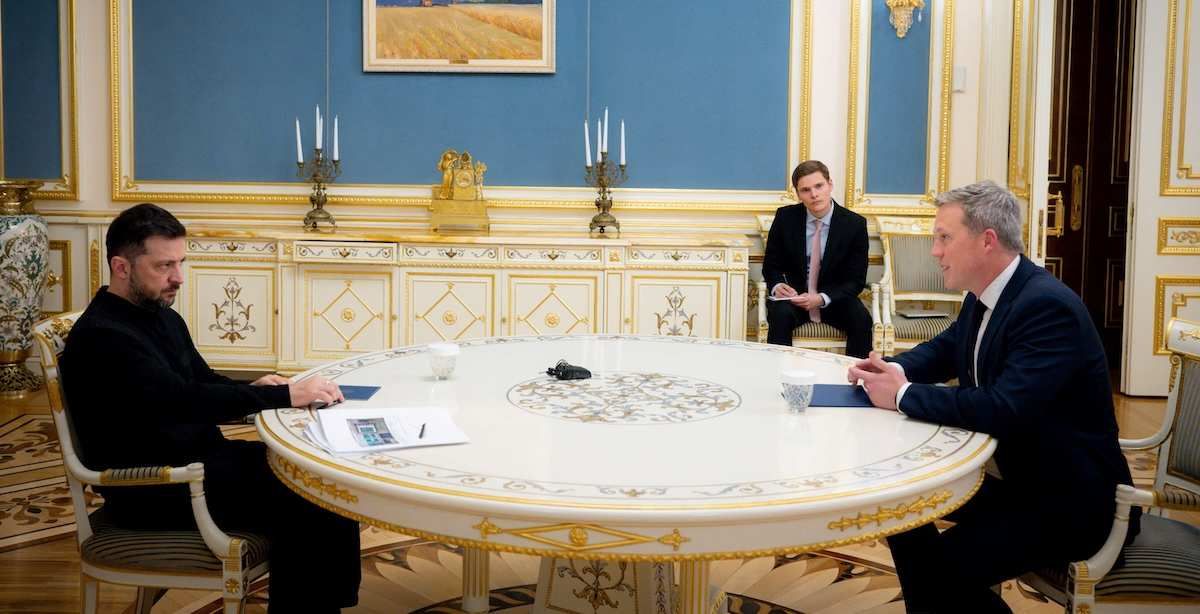Ukraine and Russia still worlds apart as peace talks continue
Moscow said that it would reject any ceasefire deal that doesn’t meet its core demands for more territory, the large-scale disarmament of Ukraine, and a ban on Ukrainian NATO membership. The Kremlin’s cold water comes after Ukraine was all smiles following a fresh round of ceasefire talks with the US yesterday. While the White House seems keen to strike a deal soonest, the two sides are still worlds apart on what they are willing to agree to – Washington has now abandoned its Thanksgiving “deadline” for a deal. Today, Russian and American negotiators will be meeting in the UAE to see if they can narrow the gaps between the two peace plans, and Ukrainian President Volodymyr Zelensky is calling for a meeting with US President Donald Trump later this week.
Was Taiwan the subject of US-China call?
After talking on the phone Monday, Trump said he will be meeting with Xi Jinping IRL in Beijing in April and that Xi will come to the US for a state visit later in the year. While the White House said that the call had been “very positive” and mainly focused on trade, Chinese state media reported that the call had focused on Taiwan, saying Xi had communicated to Trump that returning Taiwan to return to Chinese control was “integral.” For more on the impact of the US-China rivalry, see our recent piece on how the trade war has hit the US heartland.
Sudan paramilitaries agree to one-sided ceasefire
Sudan’s Rapid Support Forces (RSF) paramilitaries on Monday announced a three month “humanitarian ceasefire” in their brutal, two-and-a-half-year long civil war with the Sudanese military. The plan was brokered by the US, Saudi Arabia, the UAE and Egypt. Good news, maybe, but there’s a huge catch: the RSF announced the move after the army rejected it because of the involvement of the UAE, which has faced persistent accusations that it backs the RSF. The conflict has killed tens of thousands of people and driven 14 million from their homes. Both sides are accused of widespread war crimes.
